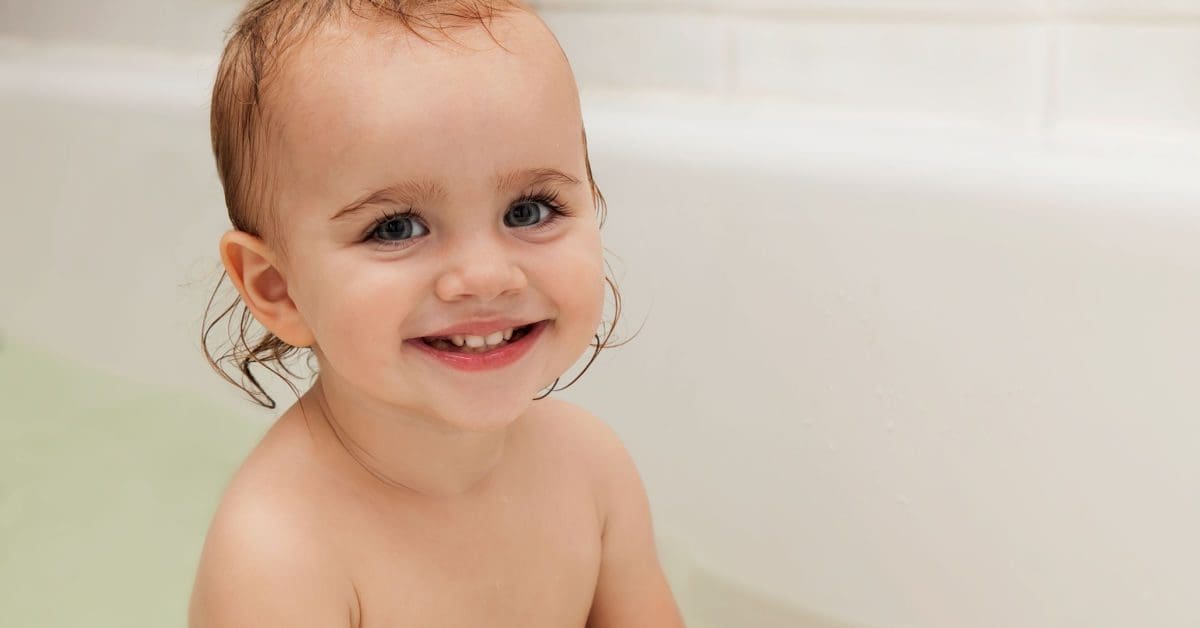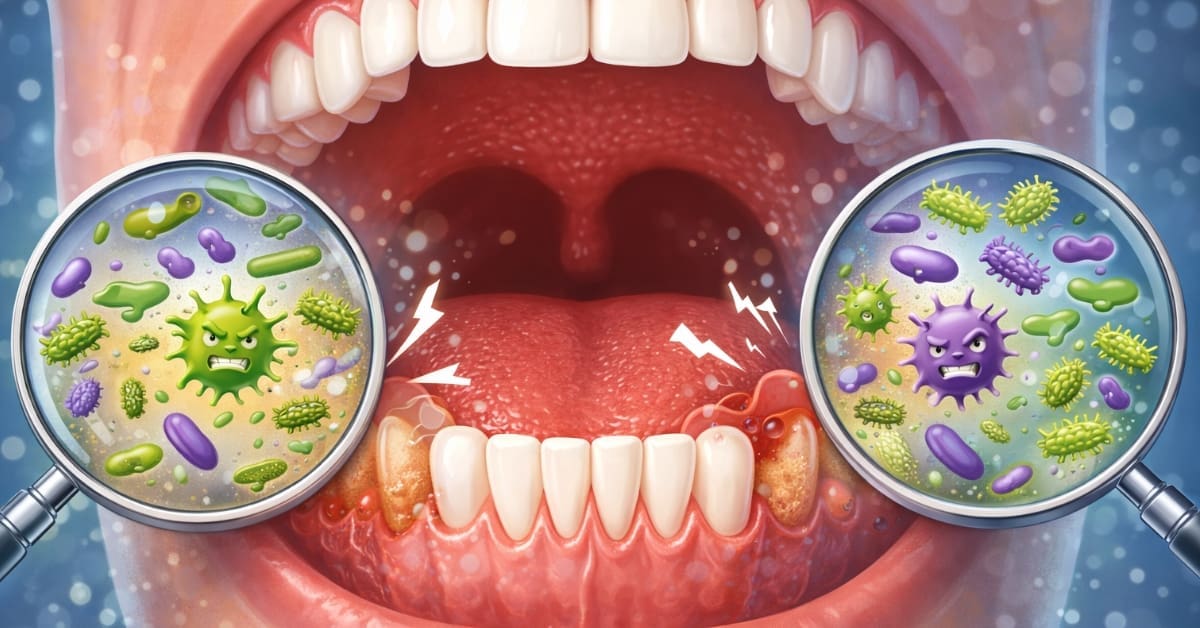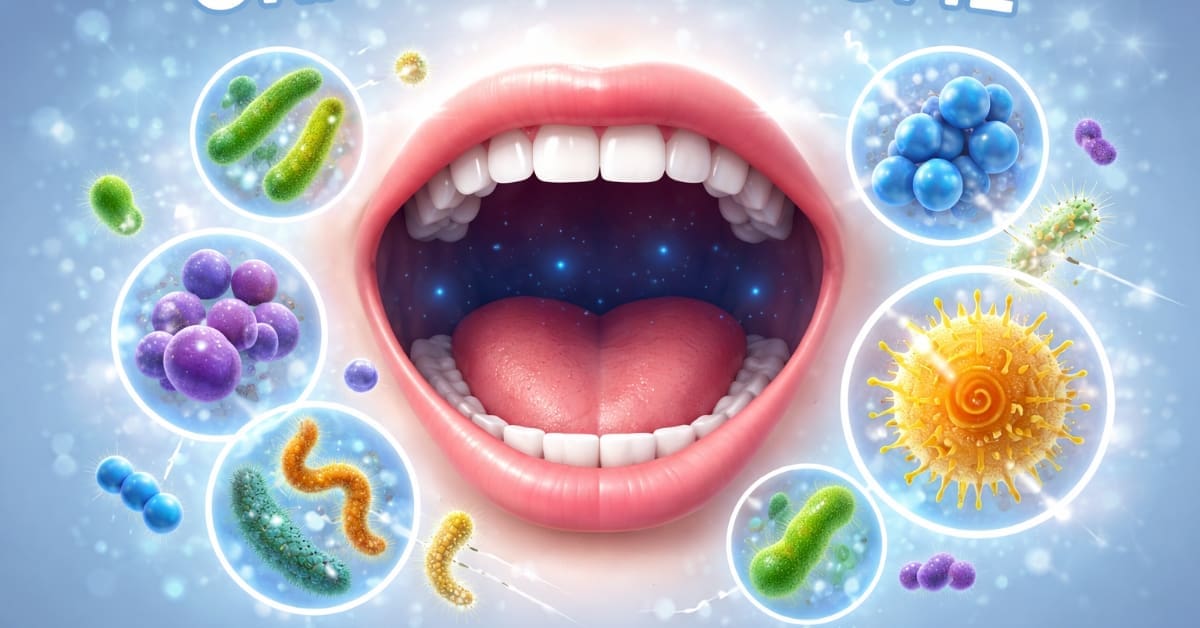Common Myths About Baby Teeth
Everyone has a little advice about your child’s baby teeth, but not everyone is right about what they have to say. If you wonder if what you hear is true or if you’re getting conflicting information about how to care for your child’s teeth, now’s the time to clear up some of these myths.
What are baby teeth?
Baby, deciduous teeth are the first set of teeth we get soon after birth. They take several months to come through, leading a child to teethe. Teething or chewing on objects helps ease the symptoms of tooth eruption and helps stimulate the gums to ease the teeth into the mouth.
As we enter our pre-teen years, our permanent teeth come in. Because we lose our baby teeth, many people have the wrong idea about how to best care for them.
Your child doesn’t need a dentist yet.
Some say you don’t need to take your child to the dentist until they are older or until their permanent teeth come through. This is not true. From those first baby teeth onwards, regular dental checkups are a must. There’s also a lot that a dentist can tell about your child’s future oral health from those first little pearly whites.
Teething can cause fevers.
False. Teething does not cause fevers, and there is no scientific evidence to show that it does. It’s not uncommon for teeth to come with a range of symptoms, such as irritation and interrupted sleep, but it also increases body temperature. It’s natural for your child to get a little warm while teething, but if their temperature rises above 100.4F (38C), it’s essential to look for the actual cause and to seek medical attention.
A little brandy on the gums helps.
Many people believe that rubbing a little brandy on a child’s gums helps with teething or tooth pain, but this is not the case. Never give any alcohol to your child, even if it’s just a drop. Alcohol can be dangerous for your child’s health.
Cavities don’t matter.
You might think that a cavity or two in your baby’s teeth aren’t important because they’re going to fall out anyway, but that’s not true. The longer you leave a cavity, the more difficult it is for a dentist to treat it, as it will grow in depth and size. Cavities can also easily lead to infection, which can spread, causing more pain and putting your child’s health at risk.
My child has soft teeth.
Many people attribute cavities in children’s teeth to “soft teeth.” There is no such thing as soft teeth, as enamel is the hardest substance in your body! Bacteria and a poor diet cause cavities, not the hardness of the tooth itself.
Dental x-rays aren’t safe for children.
They are! According to the American Academy of Pediatric Dentistry, dental x-rays pose little risk to adults or children, and your pediatric dentist knows how to limit the amount of radiation.
A knocked-out baby tooth doesn’t matter.
Yes, it does. Sure, they’ll eventually get a permanent tooth as a replacement, but that missing tooth can cause problems before they do. If your child has a tooth knocked out, it’s essential to get them checked by a dentist who can look for other damage to their gums or jawbone.
Have We Solved The Common Myths of Baby Teeth?
If you are looking for a top-rated NJ dentist who provides the utmost family dental care for pediatrics, young children, teens and adults alike, you are at the right place.
Contact Suburban Essex Dental to schedule your next consultation.





